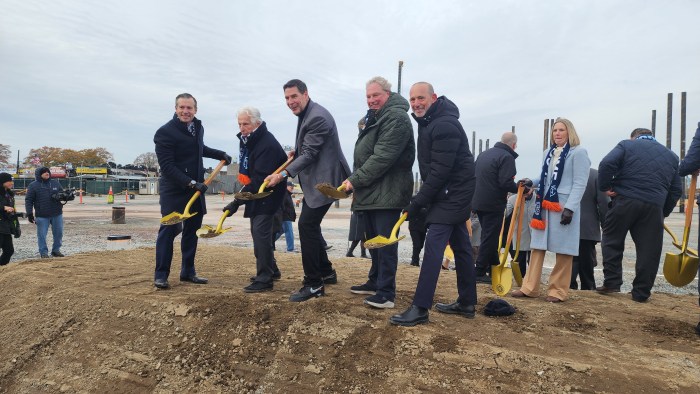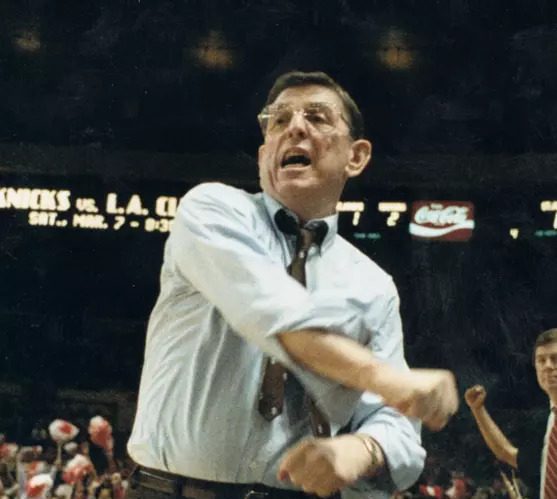Losing $200 million would be devastating to any organization – but luckily for Mets fans, the cash was unlikely to promote the product on the field.
On September 1, Mets ownership announced that negotiations with David Einhorn had ended, nullifying a deal that would have reportedly paid the Wilpons a fifth of a billion dollars for a minority, non-operating interest in the team.
Ultimately, Einhorn turned out to be Finkle – or was it Finkle who turned out to be Einhorn (Pardon the Ace Ventura reference)? Either way, the deal was not what it appeared to be, namely a financial “saving grace” for the team.
Mets fans, though undoubtedly disappointed by the news given the distressing details of the club’s current finances, can rest assured that the money, which will now remain in Einhorn’s pocket, was never going to manifest into premier players, regardless of whether or not a deal was struck.
The Wilpons’ decision to sell a portion of the team was stimulated not by a desire to improve the roster, but by the dire need to fund their numerous other expenses – particularly a law suit that may cost the father and son up to $1 billion.
Due to the looming threat of a massive court settlement, ownership is currently unable to invest in the future of the club. Any influx of capital they receive will likely be used to help them keep their heads above water, rather than to sign productive players.
According to media reports, Mets management is already planning on decreasing the team’s payroll by between $30 million and $40 million next season. For an already mediocre club, spending cuts of this magnitude may eliminate them from contention during Spring Training and remove any lingering hope the Mets faithful have for the immediate future.
It is therefore fair to assume that the sale of a minority stake in the team will not be beneficial for the Mets, but only for the Wilpons’ portfolio.
The disheartening reality for fans is that ownership’s financial situation is directly strangling the team, and if the Wilpons continue to suffer, the Mets and their supporters will continue to pay the consequences. If the owners’ predicament worsens further, fans will be forced to hope for a changing of the guard.
Otherwise, like a sinking ship, the team and their “captains” may go down together.


































